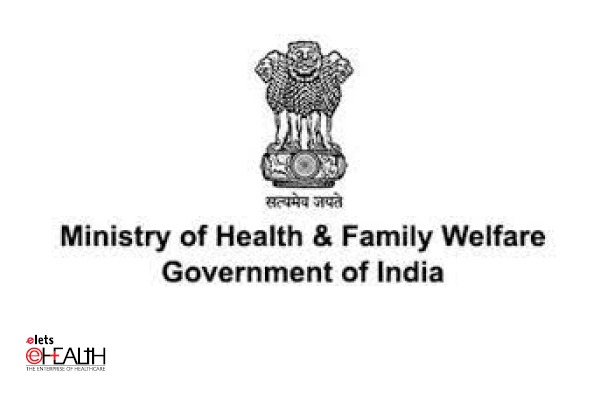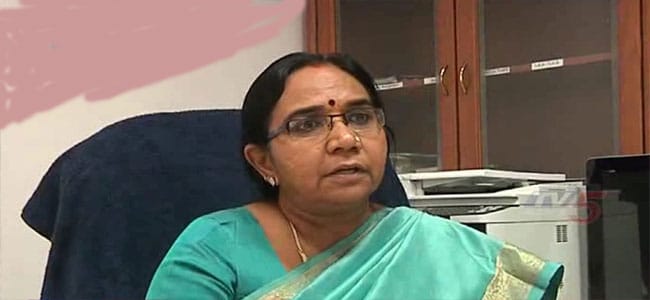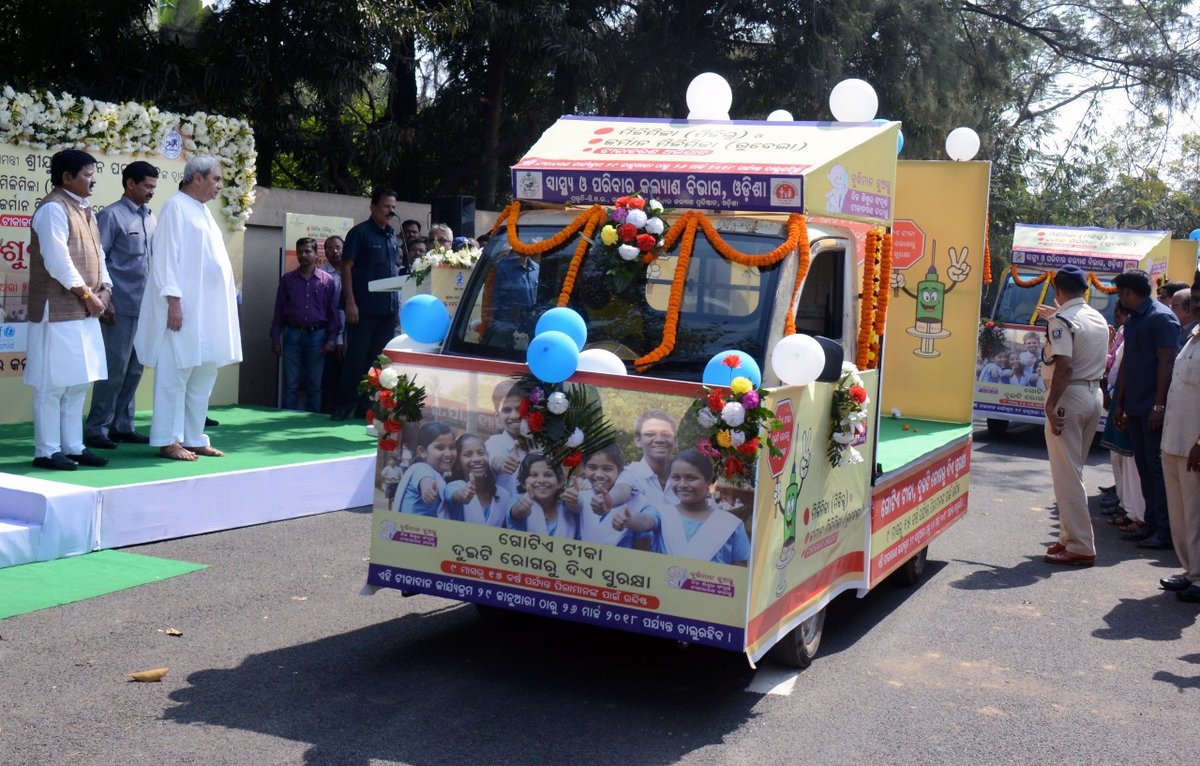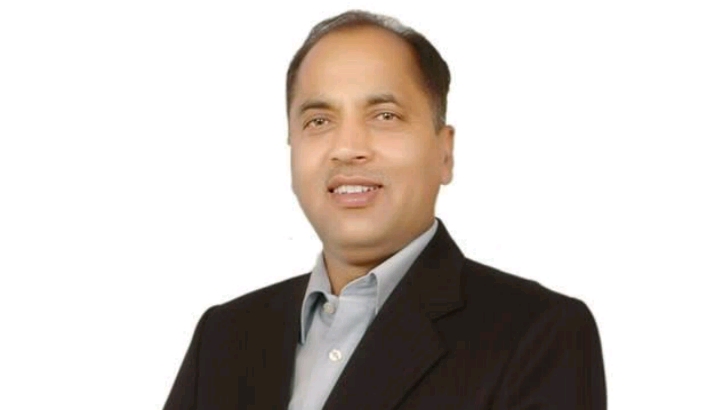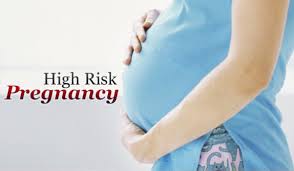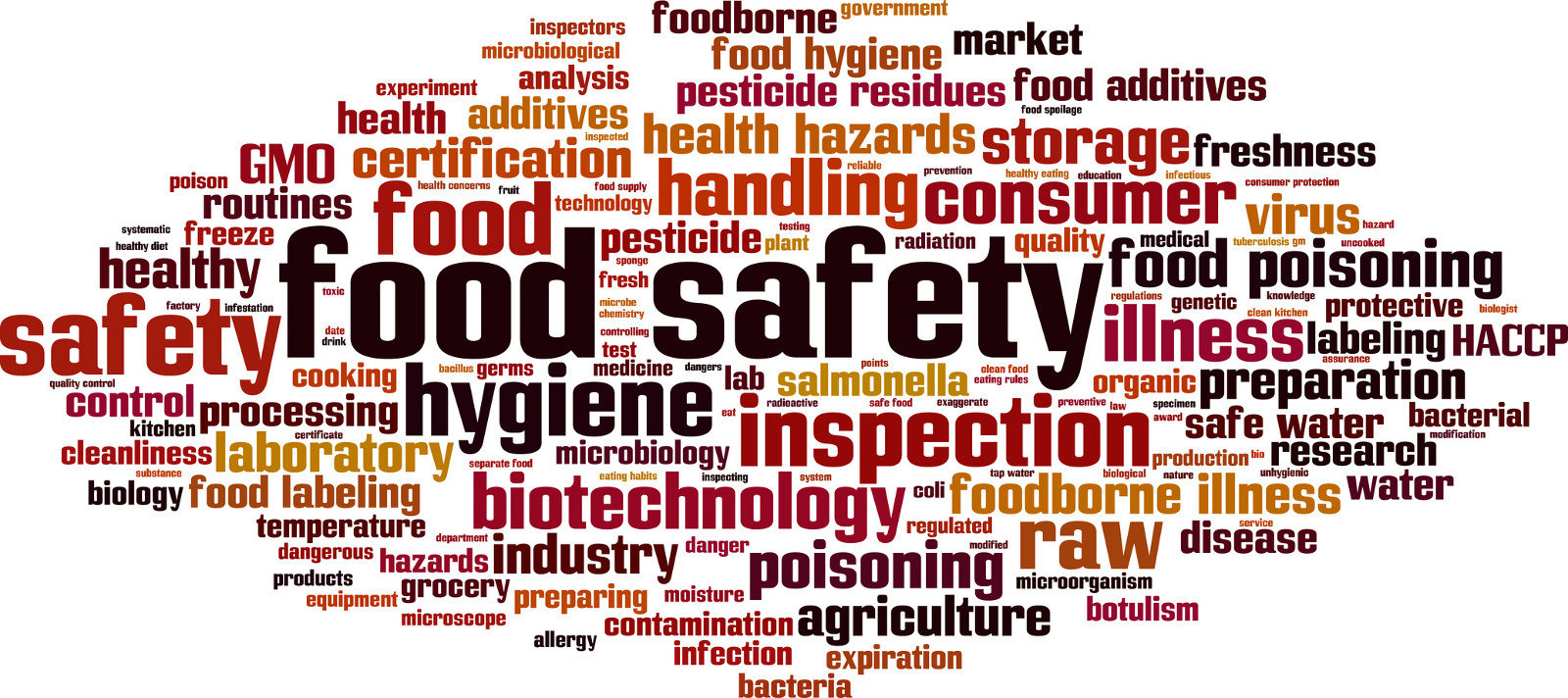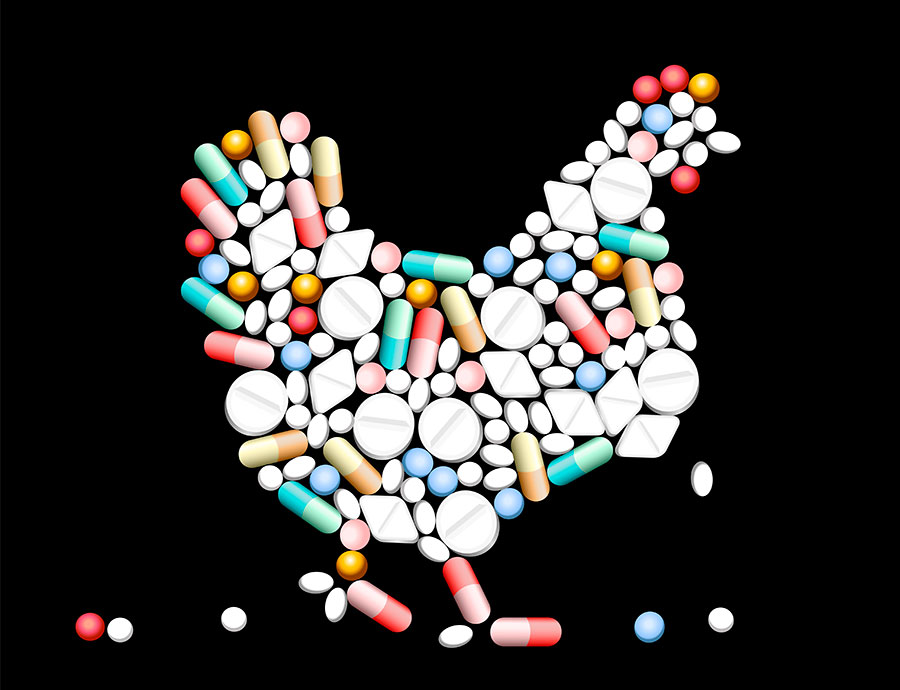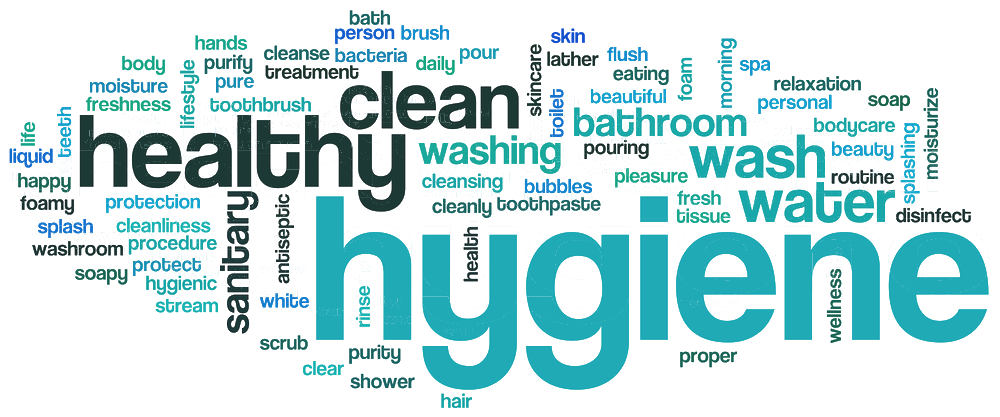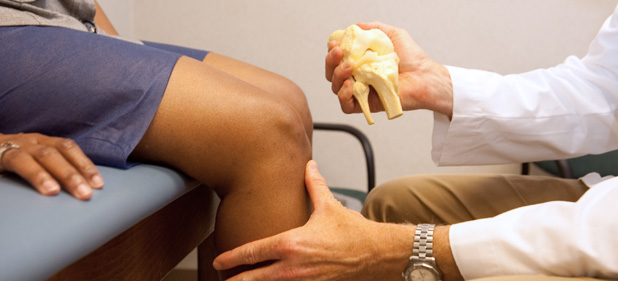
 Indians are more concerned about insuring the health of their loved ones than their own, reveals Max Bupa Health Insurance Pulse 2015. The first of its kind multi city study was conducted to understand how Health Insurance is perceived, bought and utilized in India. The study conducted among 1500+ respondents in leading metros like Delhi, Mumbai, Chennai and tier 1 and 2 centres like Hyderabad, Punjab and Rajasthan states that 6 out of 10 Indians prefer family health cover as against 4 out of 10 for individual cover. More than two third of those planning to buy Health Insurance wish to cover their children (70%), followed by the spouse (66%). Nearly 30% of respondents who are planning a family also think of buying Health Insurance. The decision regarding Health Insurance purchase is driven by the family with the spouse as the strongest influencer, which shows that Health Insurance is no more just the bread winners call.
Indians are more concerned about insuring the health of their loved ones than their own, reveals Max Bupa Health Insurance Pulse 2015. The first of its kind multi city study was conducted to understand how Health Insurance is perceived, bought and utilized in India. The study conducted among 1500+ respondents in leading metros like Delhi, Mumbai, Chennai and tier 1 and 2 centres like Hyderabad, Punjab and Rajasthan states that 6 out of 10 Indians prefer family health cover as against 4 out of 10 for individual cover. More than two third of those planning to buy Health Insurance wish to cover their children (70%), followed by the spouse (66%). Nearly 30% of respondents who are planning a family also think of buying Health Insurance. The decision regarding Health Insurance purchase is driven by the family with the spouse as the strongest influencer, which shows that Health Insurance is no more just the bread winners call.
More than half of the owners (54%) self-initiate the purchase process. However, only 40% Health Insurance policy renewals were self-initiated by the owner, which shows that people dont understand the long term benefits of Health Insurance. The study also brings into focus the shift in age groups of Health Insurance buyers, with 32 years emerging as average age of Health Insurance purchasers across cities. Contrary to popular belief, tax planning and age are not the only triggers for the purchase of Health Insurance in India. Doctors advice (50%) is a key reason for Health Insurance purchase, followed by rise of lifestyle diseases (33%), tax planning (31%) and age (31%). Furthermore, in addition to hospitalization, consumers also seek day care treatment (41%), loyalty or renewal benefits (40%) and new benefits like maternity (34%) as significant features in their Health Insurance cover. Amongst purchase channels, more than half of the people purchase or intend to purchase Health Insurance from an Agent 58% which clearly shows the dependency and trust on agents. Banks also emerged as a preferred channel of purchase in the metros.

The consumers with evolving expectations are now looking at holistic health benefits and comprehensive coverage, rather than just the Health Insurance premium that they pay. 70% respondents across metros and non-metros agree Health Insurance is more important than life insurance which shows the increasing awareness about the need for adequate health coverage. Increase in awareness is leading to rise in expectations from the health insurers, with 69% of the people expecting their health plans to cater to all their health care expenses. Medical inflation and growing incidence of lifestyle diseases has triggered an increase in the sum assured with a realization that a health cover of Rs. 2-3 lakh will prove insufficient in the future. The study reveals that amongst all 6 cities, the average sum insured is Rs 6, 25,000 and the average annual premium paid is Rs12,000.
Health Insurance consumers are evolving from being price conscious to being value conscious with majority of them preferring family health plans over individual coverage and opting for a sum insured of is Rs. 6-7 lakh. Also the average age of Health Insurance owners has reduced to 32 years across metros and non-metros. Most of the owners still feel inadequately protected as cost of hospitalization and incidence of illnesses across age groups is on the rise. We at Max Bupa, have also observed that the most common sum insured individuals opt for is Rs5 lakh and Rs10 lakh in case of a family cover. In fact, there has been a two-fold increase in the claims from the segment with a ticket size of over Rs 10 lakh since last year. Although there has been a significant increase in awareness amongst people, category understanding remains low with a significant section of the country still plagued with misconceptions such as Health Insurance only being relevant for the elderly or that it is too complicated with several hidden clauses, said Anika Agarwal, Head-Marketing, Max Bupa.
However, 40% lacked clarity on the process of increasing their sum insured through top ups and 40% are not aware of the difference between cashless and reimbursement claims. Over one third of Health Insurance owners admit that they have not read their policy documents. 60% attribute trust on their agent as the most important reason for not going through the documents.

While 64% of Delhiites and 61% of the respondents from Chennai confuse life insurance for Health Insurance, only 34% Mumbaikars are well aware about the difference. This clearly states the lack of category awareness and understanding amongst leading metros. While 95% people in Mumbai give preference to Health Insurance over life insurance, 90%, people in Punjab and 75% people in Hyderabad, prefer Health Insurance to Life Insurance as compared to only 53% in Delhi. This shows that more importance is attributed to Health Insurance in non-metros as compared to some leading metros. The study shows an increasing demand from people living in tier I and II cities to be optimally insured, where Hyderabad recorded the highest average sum insured of Rs 8,70,000, with Rajasthan and Punjab at Rs.4,50,820 and Rs.6,80,270 respectively. Among the metro cities, Delhi feel the most dissatisfied with their current health coverage with 72% of Health Insurance owners in city saying that their health policy is not enough for their future health needs. 80% of the Health Insurance owners in Mumbai and 54% in Chennai consider themselves to be adequately protected.
In terms of gender related findings, an increasing number of women are becoming the sole decision makers in buying Health Insurance (55%), however almost two third of them are not aware that new born and in-laws can be covered under Health Insurance.
Be a part of Elets Collaborative Initiatives. Join Us for Upcoming Events and explore business opportunities. Like us on Facebook , connect with us on LinkedIn and follow us on Twitter , Instagram.


